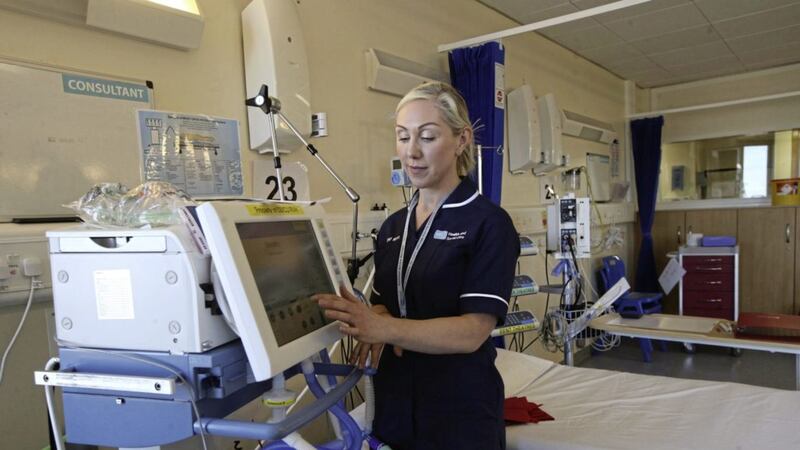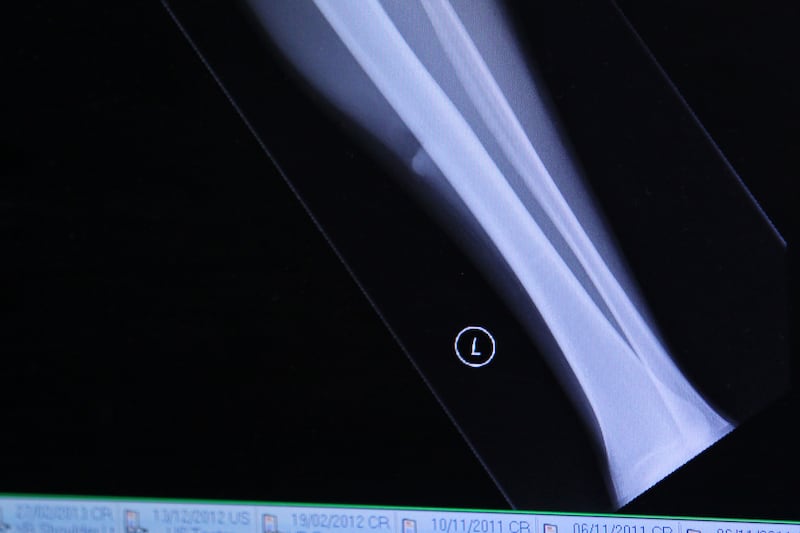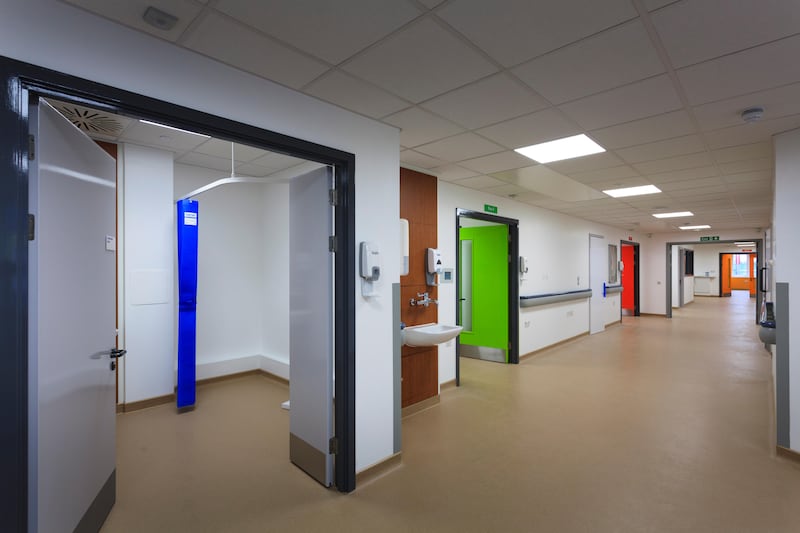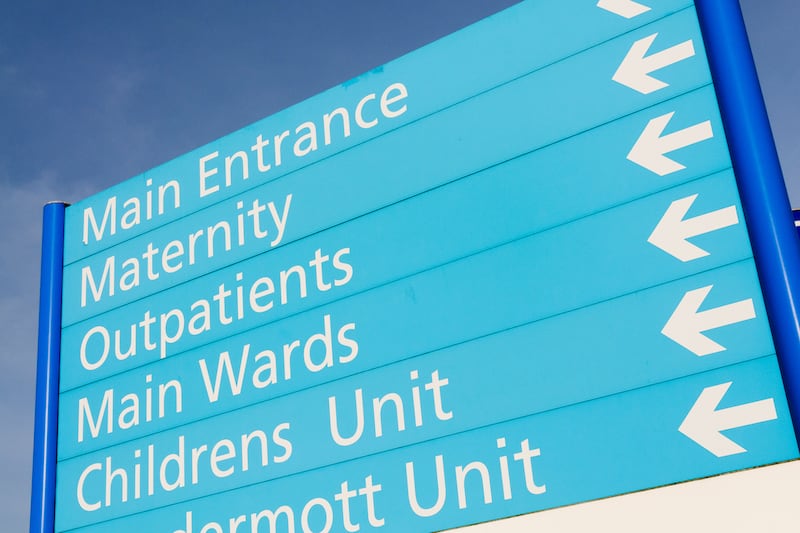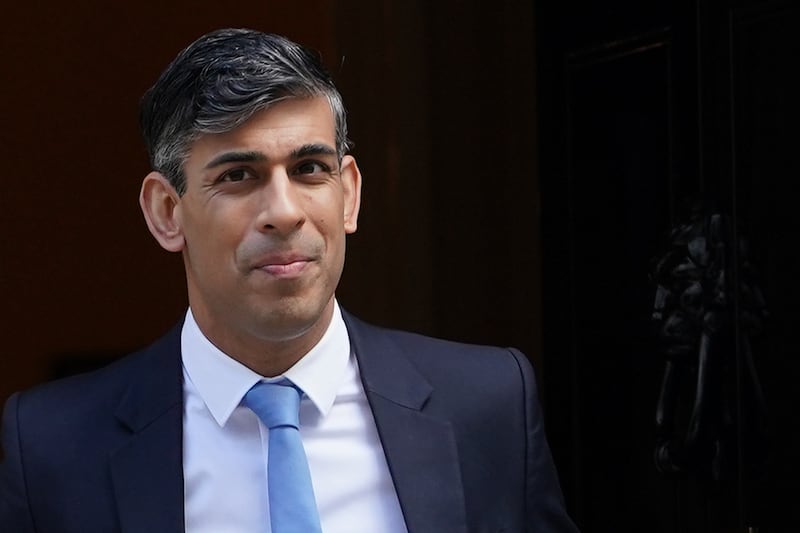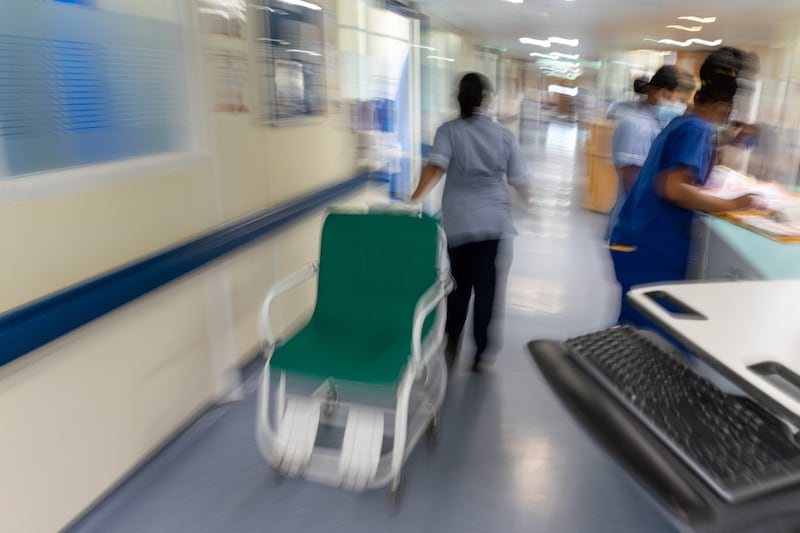The Sunday Times reported last weekend from Croydon University Hospital in south London, which has set up a quarantined ‘hospital within a hospital’, physically sealed off from all emergency admissions.
This allows it to offer elective surgery such as hip replacements, plus routine procedures for cancer and cardiac care, all at a hugely reduced risk of Covid infection.
Patients are pre-assessed by video link then self-isolate and are tested before arrival. Since the Croydon Elective Centre opened in July, a hospital that had been running at 27 per cent capacity has jumped to 120 per cent on the treatments the centre offers and has begun to clear its pre-epidemic waiting lists.
Elsewhere in England, health trusts have quarantined entire hospitals along similar lines. Separating planned operations from emergency care is seen as a model the NHS could adopt across the UK to live with coronavirus long-term.
So why has nothing comparable been attempted here?
The Croydon approach should be particularly obvious in Northern Ireland, and not just because we went into the epidemic with one person in six already on a waiting list.
Separating emergency and elective care is the essence of the 2016 Bengoa Report, adopted by Stormont as its health reform policy and supposedly endorsed by all five executive parties. The report may have had the title ‘Systems, not Structures’ but it is very much a physical vision of fewer, larger general hospitals complemented by regional specialist centres.
Belfast City Hospital is a forerunner: it lost its A&E in 2011, then gained regional cancer and renal centres.
City Hospital’s tower is where UUP health minister Robin Swann set up Northern Ireland’s main Covid ‘Nightingale Hospital’. The location is no coincidence: it offers a large, self-contained building with no non-Covid emergency admissions in the vicinity.
When the Nightingale and similar facilities are operating, so many staff have to be redeployed from across the NHS that it is inevitable elective care will be badly affected. The Croydon centre did not open until after the first wave.
However, outside peaks of the epidemic, there appears to be no practical reason why the focus put into Nightingale hospitals cannot be switched over to running elective centres. NHS sites are relatively empty between peaks. No serious building working is needed: in Croydon, rearranging a few walls and doors was reportedly all it took to “cut the hospital in two”.
Even that might not be necessary at the several hospitals in Northern Ireland without an A&E. Perhaps the most striking example is Musgrave Park in south Belfast.
This is a regional specialist centre for adult and child orthopaedics, rheumatology, psychotherapy and diagnostic imaging. None of its patients are admitted as emergencies. A Croydon-style testing cordon could have been introduced for the entire site from day one, permitting all Musgrave’s services to continue operating as normal.
Not only was this not done but orthopaedics has been one of the areas worst affected by coronavirus-related cancellations. Last month, a 13-year-old girl with a snapped spinal rod was told she could not have surgery until the metal burst out of her skin. Belfast Trust changed its mind after press coverage.
Many people are understandably reluctant to criticise Swann, given the terrible decisions he faces.
Some of the criticism from his political opponents has been disgraceful.
Sinn Féin has accused him of using the epidemic as an excuse to implement a “centralisation agenda”, shorthand for the Bengoa report, as if Sinn Féin was not equally signed up to that report - adopted when Michelle O’Neill was health minister.
If only Swann was as Machiavellian as republicans claim. There is no sign of services being rationalised under cover of the crisis: hospitals have simply stood empty.
Administrative issues undoubtedly afflict the Department of Health. Trusts can be a law unto themselves, as can consultants. The Health and Social Care Board, the layer of bureaucracy between trusts and the department, was preparing for its abolition when the epidemic struck. There are all the usual reasons why a minister at Stormont might pull a lever and find that nothing happens.
But what has Swann tried to make happen, apart from Nightingale hospitals, while the rest of the NHS has effectively ground to a halt?
This is not learning to live with the virus. It is not good enough.

